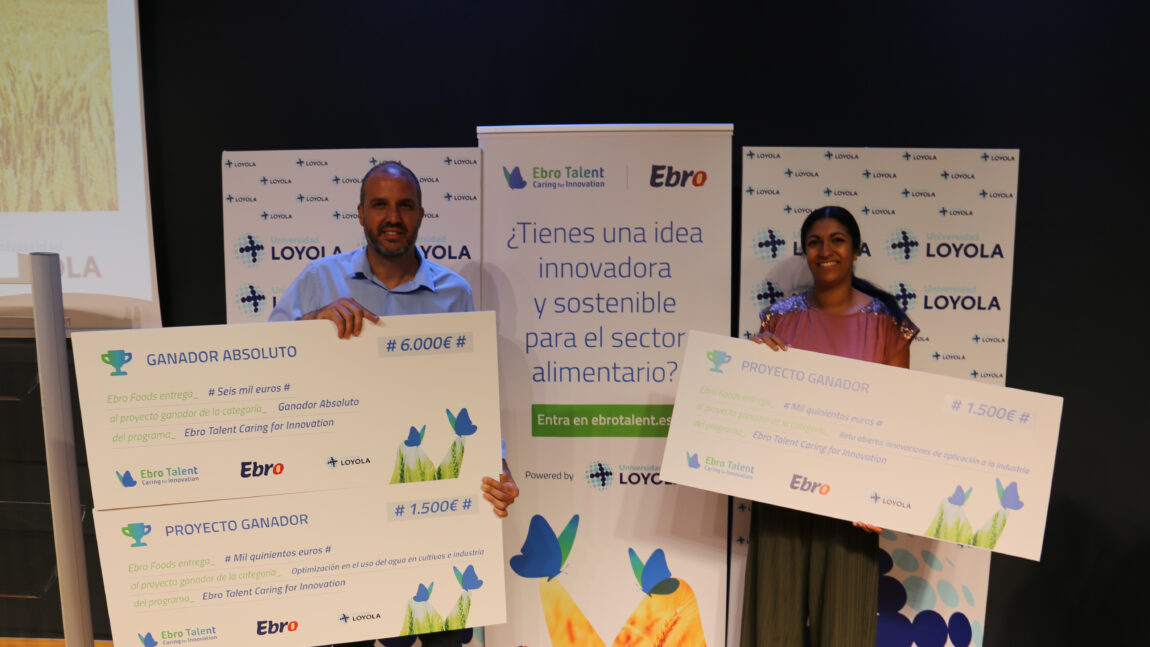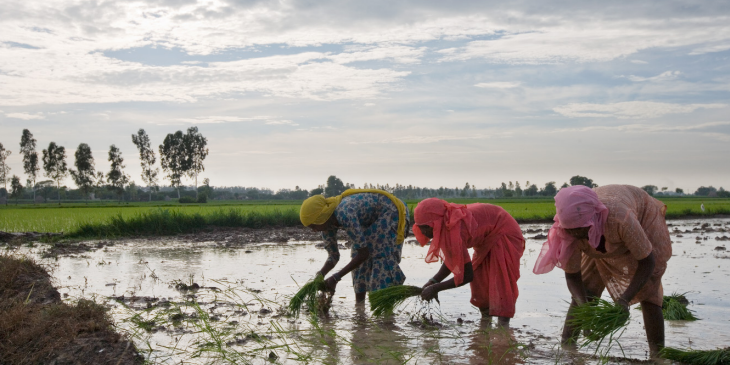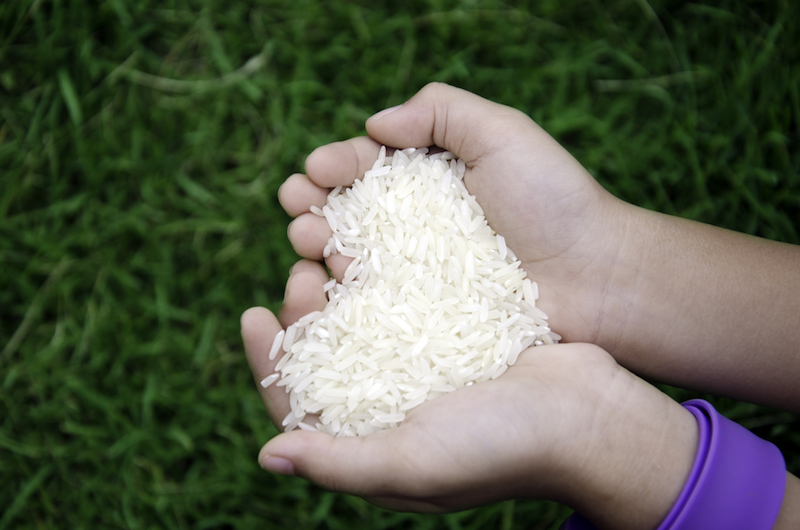Ebro Foods and Universidad Loyola reward the best food industry initiatives
- The startup Whater Tech was the overall winner with an initiative providing a groundbreaking solution for the transformation of wastewater generated in rice industrial processes for irrigation and fertilization.
- Universidad Loyola and Ebro Foods have jointly developed “Ebro Talent: Caring for Innovation”, an open innovation programme that has caught the attention of over 40 food industry projects in its second edition.
Over the past academic year, Ebro Foods and Universidad Loyola ran the second edition of “Ebro Talent: Caring for Innovation”, an open innovation programme aiming to detect innovative projects and ideas in the food sector, identify pioneering talent and promote the development of sustainable solutions that can be applied in the value chain of the Spanish food sector.
The overall winner of the programme was the entrepreneurial initiative Whater Tech, a startup that also won “Challenge 2. Optimising water in industry and crops”. The CEO of the project, Israel Guzmán, received both awards, worth a total of 6,000 euros, for an idea based on recovery and reuse of the wastewater generated in rice processing. This very organic waste is highly contaminated and needs to be treated before discharge, for which the winning initiative proposes several different technologies, such as the use of microalgae or a solution developed by the startup based on hypochlorous acid, reusing the water for irrigation and converting it into an efficient organic fertilizer.
The runner-up in the Ebro Talent programme, which was the best project within the category “Open Challenge” -rewarded with 1,500 euros-, was ‘Biointeractomica: Análisis de la Huella Digital de Productos Agroalimentarios’ [‘Biointeractomics: Analysis of the Digital Footprint of Agrifood Products’], a project designed as a digital transition initiative within the food industry, aiming to standardise the use of Nuclear Magnetic Resonance as a cutting-edge technique for analysing the molecular composition of food products. The “Digital Footprint” of each food product would be represented as a “barcode” to enable easy identification and accreditation.
Fourteen short-listed ideas from forty projects presented
The programme generated massive interest in the agrifood sector once again in its second edition, attracting the attention of over 40 projects that were submitted to the programme in response to the challenges raised. Fourteen of those projects were selected, from different locations throughout the country. The 14 short-listed projects submitted a broad array of different proposals within the food industry, based especially on talent, sustainability applied to the food sector and groundbreaking initiatives.
The event was steered by José Luis Losa, a speaker and lecturer at Universidad Loyola. Francisco José Pérez Fresquet, Deputy Rector of Universidad Loyola, also participated, highlighting the importance of the initiative: “It is consistent with our priority of achieving a more sustainable world and provides a service to society, which is why we need projects such as yours and we will back you all the way”. Blanca Hernández, chair of the Ebro Foods Foundation, thanked the entrepreneurs for “[their] effort and energy in promoting new, transformational models and technologies that are essential now more than ever to meet the challenges of an environment that is constantly presenting challenges”.
The programme launched a number of challenges for innovating the ecosystem, with a view to “Extending the useful life of rice, pasta and fresh sauces”, “Optimising the use of water in the rice crop or its industrial processing” or “Making it feasible to sell and distribute the company’s different brands through e-commerce business models”. Finally, this year the programme also included a new “open challenge” category, which opened the door to any technological innovations or solutions applicable to the agrifood value chain and corresponded to the goals of the programme, as in the case of one of the winners.
Seven finalists reached the end stage of the programme on Ebro Innovation Day and presented their solutions to a specialist panel, which assessed their innovation, applicability and feasibility.
Solutions such as Bread Free, which proposes a pioneering method for processing cereals like wheat, rye and barley so that they can be consumed by people with coeliac disease; or Evacold, water evaporation equipment to achieve zero total effluent in situ and reuse the dry solid salts for the circular economy or water-mining.
Other initiatives that presented their technologies and skills during the event included Watersens, which designs and manufactures IOT devices with a view to using sensors and controlling variables to combat climate change; Sensebit by TasteLab, an idea using artificial intelligence to predict consumer tastes and improve products before they are put on the market; and Agrow Analytics, a platform that facilitates precision irrigation through autonomous, advance recommendations of where, when and how much to irrigate without requiring sensors.
Over recent months these and many other initiatives participated in the different activities of the programme, which included mentoring sessions, attendance of the Boot/Fitcamp to adjust solutions working hand-in-hand with experts from Ebro Foods and other training activities, such as how to make a good pitch. Pitch is a brief presentation of the business project in just a few minutes. This is what the entrepreneurs participating in Ebro Talent did today before a panel of experts who, after listening to the participants’ presentations, decided on the winning projects in each challenge and the best project of the programme.
The overall winner of the previous edition, held in April 2021, and of the Healthy Nutrition and Food Quality challenge was the startup Encapsulae. This business initiative, based in Castellón and created in 2018 by researchers from the Spanish National Research Council (CSIC), develops ceramic nanocapsules, with which they aim mainly to reduce additives in food, proposing that this function be performed largely by the packaging.





